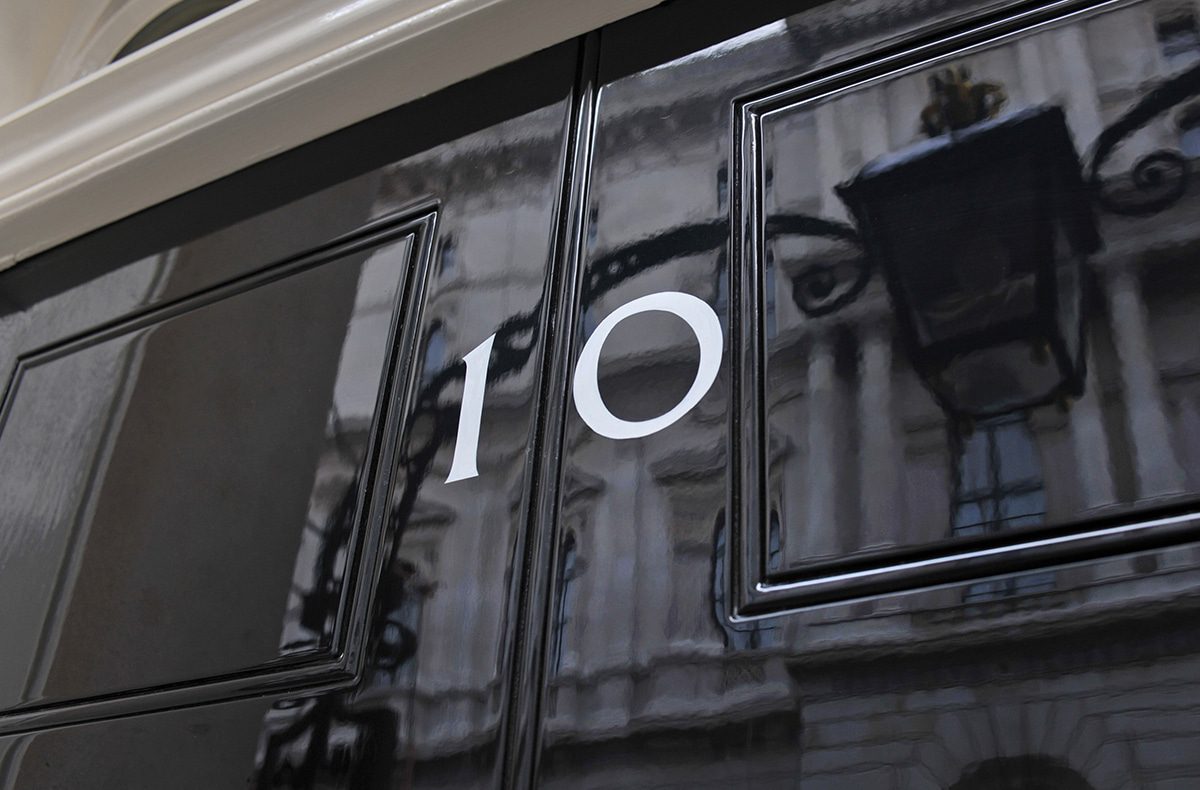
The UK has only had one government that has served the whole five-year lifetime of a parliament since 2010, and even then, it was a coalition. David Cameron won a narrow majority in 2016 but resigned over Brexit, and Theresa May couldn’t win a majority in 2017, instead having to form a working relationship with the Northern Irish party, the DUP.
Enter Boris Johnson.
Boris’s general election win in December 2019 was an exception to the past 12 years of government. His decisive win signalled a return to normality of our electoral system doing its job in producing a clear and concise, one-party government mandated by the electorate. The Conservatives stormed to victory, gaining 365 seats, their highest number, and proportion of seats since 1987 and their highest share of the popular vote since 1979.
It literally couldn’t have gone any better for Boris. He was finally Prime Minister, he had a considerable working majority, his election win saw the fall of Labour’s “Red Wall” — his MPs were loyal and trusted his vision. This election win had two-term Boris written all over it. Everything had fallen into place perfectly.
So what happened?
Boris has gone from the potential of being PM for ten years to only serving just under three. The Pincher affair was the final nail in the coffin of an extremely turbulent premiership. Boris has tried to duck, dive, and hide from every scandal, investigation, and controversy that has come his way. It simply had gotten to the point where his cabinet finally decided to revolt, with over 50 resignations. Is this really that surprising? Prior to being the UK Prime Minister, Boris was Foreign Secretary and, before that, the Mayor of London, where he was involved in significant controversies and alleged racism. He just doesn’t think the rules apply to him. He’s lived a life of privilege and isn’t keen on lowering his brow to the level of ordinary working people.
The only leg he had to stand on was the thumping election win that gave him the mandate to govern. However, that was now over two years ago; pre-COVID and pre-investigations and scandals. The electoral landscape has shifted. There’s no longer so much room for lies and deceit. There are many politicians that lie and mislead frequently — but few lie with the ease and lack of guilt of Boris Johnson. Too frequently, we were told that a story was wrong, only for it to turn out to be true. The country has had enough.
Boris craved the top job for years and let it slip away, all of his own volition. No one asked him to break his own COVID-19 regulations and rules and have parties at No. 10. No one asked him to lie about previously knowing about harassment claims against Deputy Chief Whip Chris Pincher. His lies shattered trust with his cabinet, party, and the country. He thought he could play Jedi mind tricks on the electorate. His luck ran out. The gig is up.
Legacy is a word I’ve been hearing thrown about. How will the history books remember Boris Johnson?
First and foremost, he will be remembered for Brexit. A once-in-a-generation vote that has altered the path of British politics for decades to come. His triumph has handcuffed the next Tory leader to promote a post-Brexit Britain, whether they like it or not. The Tories cannot afford to lose the new seats in the north they gained off of Labour at the last election. He has also changed the shape of the Conservative party. His premiership, ideology, and vision have led to a re-discovery of a true sense of New-Right British Conservatism, rooted in the ideology of patriotism, family values, and free-market economics.
In Westminster, it’s the lies, scandals, and deceit that will be his legacy. The less said about that, the better.
Boris is a bit like marmite; you either love him or you hate him. Whichever side of the fence you sit on, it’s fair to say he was most certainly memorable.



